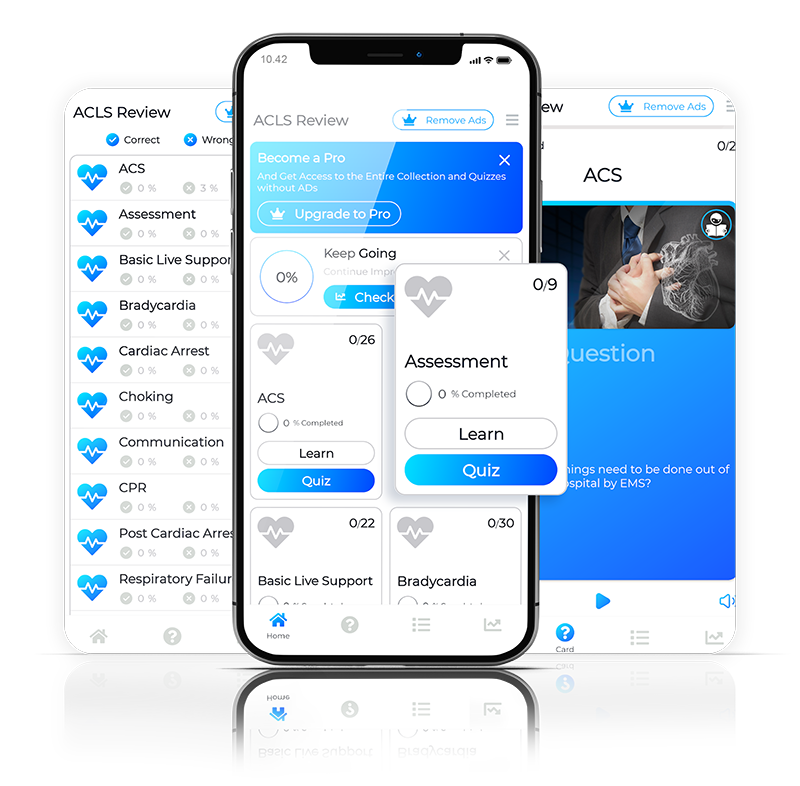http://aclsstudyguide.com
Megacode scenarios represent complex, high-stakes situations that healthcare professionals may encounter during Advanced Cardiovascular Life Support (ACLS) training and real-life emergencies. These scenarios typically involve the simulation of a cardiac arrest or other critical events that necessitate immediate and effective intervention. Doctors participating in ACLS training must be adept at recognizing the signs of cardiac arrest, understanding the underlying pathophysiology, and executing the appropriate algorithms efficiently. The megacode serves as a practical application of theoretical knowledge, reinforcing the importance of teamwork, communication, and adherence to protocols.
During a megacode, participants are often required to perform a series of interventions in a systematic manner, following the ACLS algorithms. This includes initiating high-quality cardiopulmonary resuscitation (CPR), establishing intravenous access, administering medications, and defibrillating when indicated. Each action must be taken with precision and timing, as the survival of the patient often hinges on the rapidity and effectiveness of these interventions. The scenario typically unfolds in a stepwise fashion, allowing doctors to demonstrate their ability to assess the situation, prioritize actions, and respond to dynamic changes in the patient's condition.
One critical aspect of the megacode is the emphasis on team dynamics and leadership. In a real clinical setting, multiple healthcare providers will be involved in the resuscitation read more effort, and effective collaboration is essential. Doctors must not only take charge of the medical interventions but also ensure that roles are clearly defined among team members. This includes delegating tasks, such as performing chest compressions, ventilating the patient, or managing the defibrillator, while maintaining situational awareness. A well-functioning team can significantly improve patient outcomes during a cardiac arrest situation.
The debriefing session following a megacode exercise is an invaluable component of the training process. Participants have the opportunity to review their performance, discuss what went well, and identify areas for improvement. This reflective practice is essential for reinforcing learning and enhancing future performance. Feedback from instructors and peers can provide insights into individual strengths and weaknesses, fostering a culture of continuous improvement among medical professionals. Additionally, understanding the emotional impact of these high-pressure situations can help doctors develop coping strategies for real-life emergencies.
Incorporating megacode simulations into ACLS training prepares doctors to face the challenges associated with cardiac emergencies. As healthcare providers develop their skills in a controlled environment, they become more confident in their ability to act decisively in real-world scenarios. Mastery of the ACLS algorithms through repeated practice in megacode scenarios ultimately contributes to improved patient outcomes and enhances the overall quality of care provided in emergency situations. By prioritizing education and training in these critical skills, the medical community can ensure that healthcare professionals are well-equipped to respond effectively when lives are on the line.

Comments on “megacode”